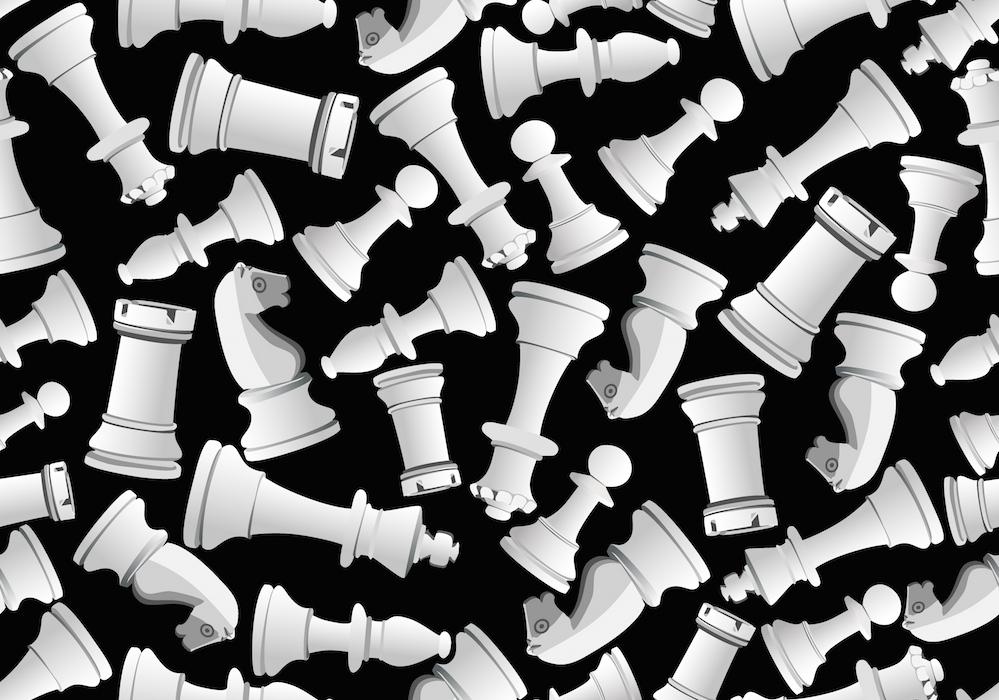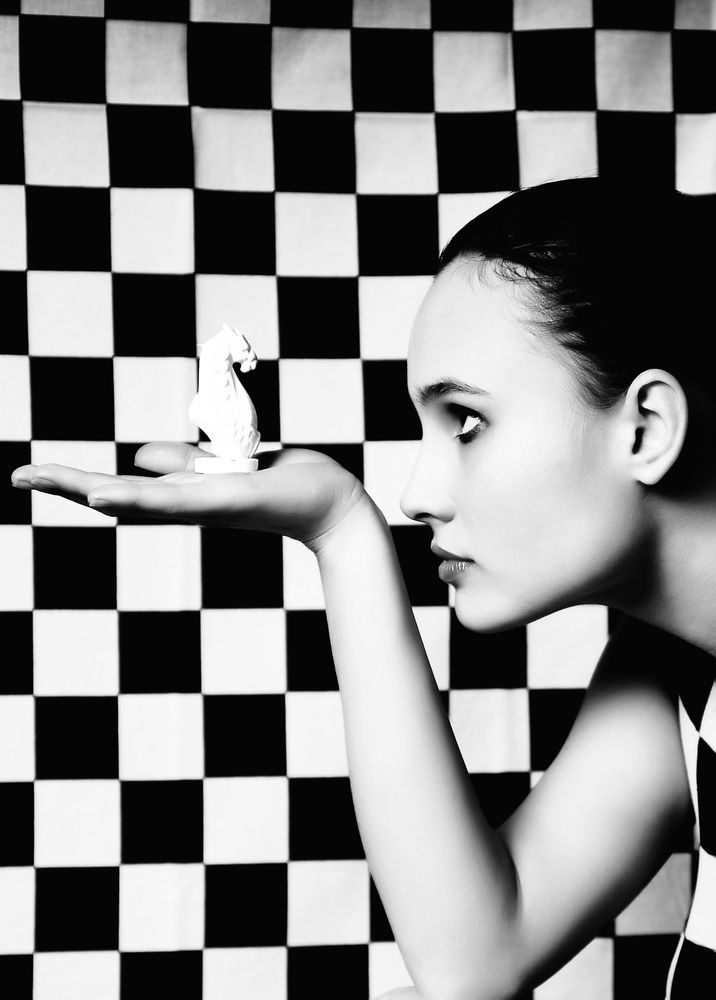
Is Chess Art?
Is chess art?
I bet that’s not the first time you’ve been asked that, or something like it. To the basic question, all kinds of answers have been offered, sometimes logical, sometimes passionate, sometimes contrived. Many might wonder whether the question should even be posed. After all, chess isn’t art. It's play. It’s a game.
But let’s explore this. How come countless works of art seem inspired by chess? Moreover, why do players and writers often draw upon the language of art to describe or embellish chess ideas? Is there something inherently aesthetic about the game that lends itself to such depictions? Or is portraying chess as artwork done tendentiously by chess exponents because they feel the game is indeed art and want the rest of us to believe it also?
Now art and beauty tend to go together. Right? If a creation is deemed artful, it may very well be judged as beautiful. It seems absurd to ask, therefore, is there real beauty in chess? Of course, there is, many of us would cry out. Assuming that’s true, what makes a chess move, position, motif, or idea beautiful?
You may say it has to do with pattern, theme, economy, surprise and the like, since all of that and more are traditionally cited to justify representing chess as being artful and beautiful. But aren’t those characterizations equally applicable to the world of mathematical aesthetics? Accordingly, shouldn't mathematics have primacy over chess? And if so, are we merely borrowing terms from one discipline and subjectively imposing them on our own chess sensibilities and explanations?

Then there’s intuition. What role does it play in our noble game? I ask that because artistic players are stereotypically labeled as being intuitive. Isn’t it commonly held that playing intuitively is the mark of the artist? Or does it come down to appearance? Do certain players practice and study so much that they’re able to convey the look of naturalness when they don’t actually possess that quality to begin with?
So far I’ve been asking questions and not answering any. That’s so like me. But it also signals a new direction for this column.
In my daily practice I generally answer questions. In fact, I’ve answered so many through the years I can hear myself talking. Instead of answering questions, however, maybe more can be accomplished by asking them. Isn’t there an old adage that says if you ask the right question you practically have the answer?
Don’t get me wrong. I love answering questions. But do you know who has the best answers? You, the readers! Many of you are incredibly smart, and as a group you know far more than any individual. To be sure, in toto, you're almost omniscient.
So this is what I plan to do. Each month I’ll begin with a little essay on some aspect of chess. In that short piece I’ll suggest a batch of related questions and topics. Then I’ll wait for your comments to come in. As they do, I’ll share my own reflections as soon as I can, to keep our dialectic flowing. You won’t have to drag along for a month to see my responses, and I promise not to be too nasty or supercilious. (Try smiling. I like you better that way.)

Once again, the topic for this month is “chess as art.”
You don’t have to quote Aristotle or Schopenhauer or any of those other dead guys. We’d rather hear from you. Besides, you’re funnier than they ever were.
May Caissa do her aesthetic best (if not her humorous best) to shine epiphany on all you have to say.






